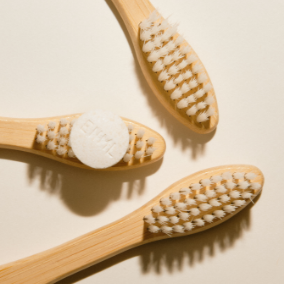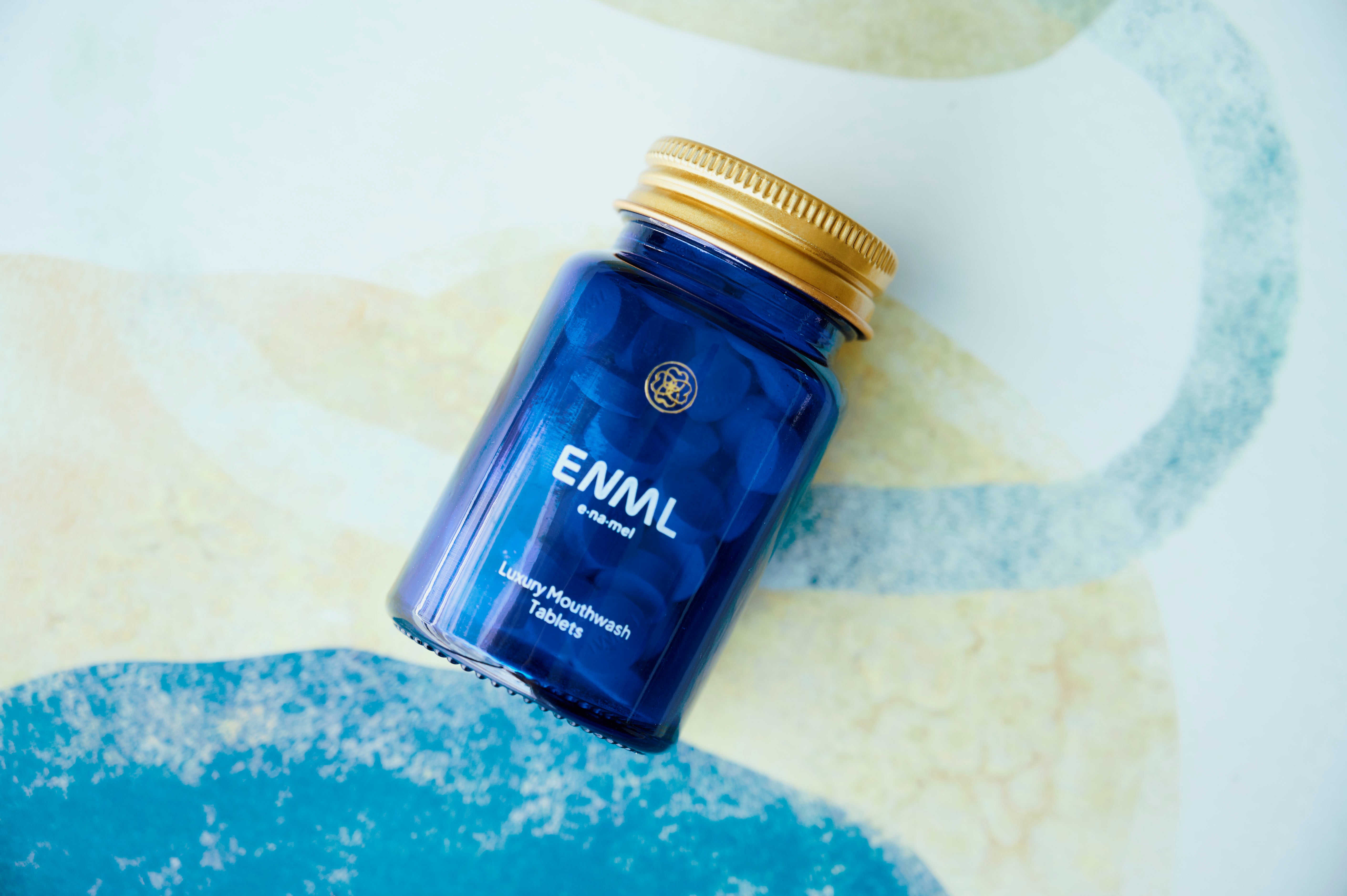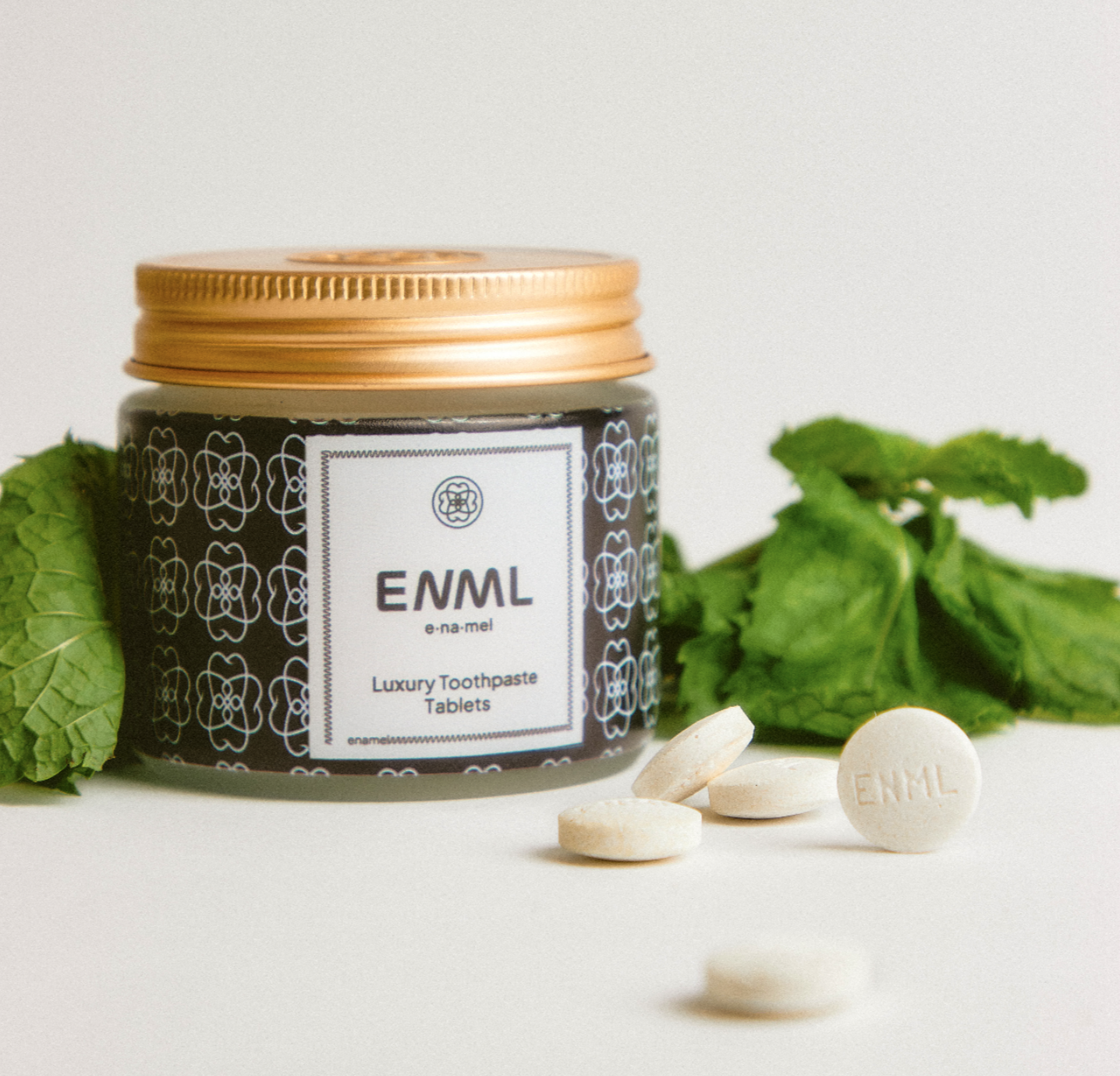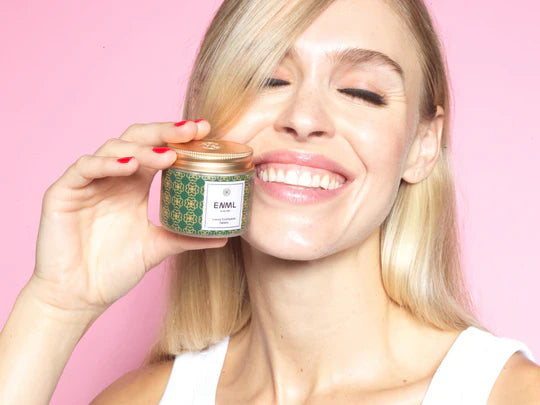Introduction
"Spit, don’t rinse" is advice you might have heard from dentists, but why does it matter? Dr. Jordan Harper explains how this simple adjustment to your brushing routine increases the effectiveness of active ingredients like microhydroxyapatite in toothpaste, giving your teeth the best chance to stay strong and healthy.Why do dentists recommend spitting instead of rinsing after brushing your teeth?
Spitting, not rinsing, after brushing extends the contact time of active ingredients in toothpaste, like microhydroxyapatite, allowing them to work more effectively on enamel. Rinsing with water dilutes these beneficial ingredients prematurely.💡Related Post: Why Flossing Matters: The Truth Behind "Only Floss the Teeth You Want to Keep"
Video Embed
Key Questions and Answers
-
Why is spitting better than rinsing after brushing?
Spitting leaves active ingredients like microhydroxyapatite on your teeth longer, enhancing their ability to remineralize and strengthen enamel. -
What happens when you rinse with water after brushing?
Rinsing washes away toothpaste’s active ingredients before they can fully bond to and benefit your teeth. -
How long should active ingredients remain on your teeth?
Allowing them to sit on your teeth for a few minutes post-brushing maximizes their impact on enamel repair and protection. -
Does this apply to all types of toothpaste?
While it’s especially beneficial with toothpaste containing advanced ingredients like microhydroxyapatite, this principle applies to most fluoride-based toothpastes as well.
Conclusion
Spitting instead of rinsing after brushing is a simple but impactful change to your oral hygiene routine. By increasing the contact time of active ingredients like microhydroxyapatite, you’re giving your teeth their best defense against decay and erosion. Explore Enamel’s innovative toothpaste solutions at ENML.com.Transcript
Some dentists say spit, don't rinse. So the, the, the reason they're saying that is that's increasing contact time. So, so typically they're saying that in reference to brushing your teeth. And so what that's doing is that's increasing the contact time of the active ingredient in the toothpaste, um, with the teeth.
If you, you know, you know, stick your head on the faucet and rinse it out or swish with some water, something like that, you're diluting it faster and getting rid of it. If you allow, uh, the micro hydroxy appetite to sit on the teeth a little bit longer, you're, you're just giving the teeth the best fighting chance to have the, the active ingredient, the micro hydroxy appetite work.



